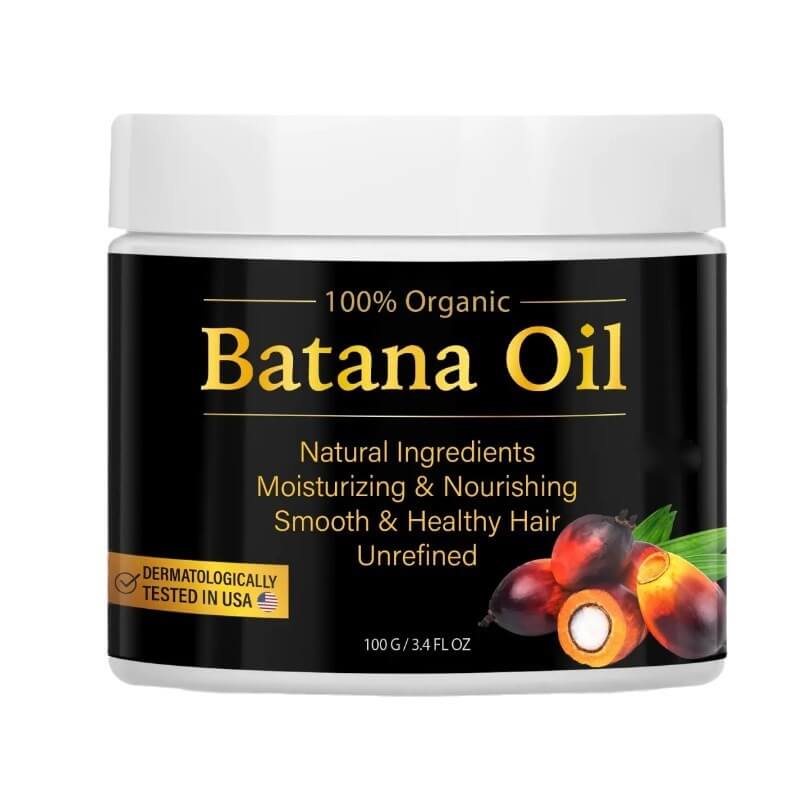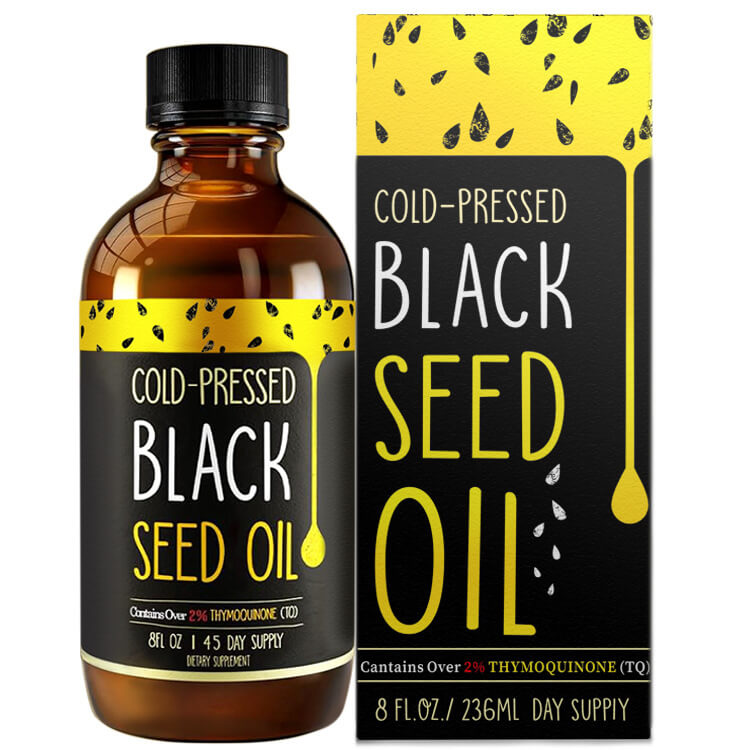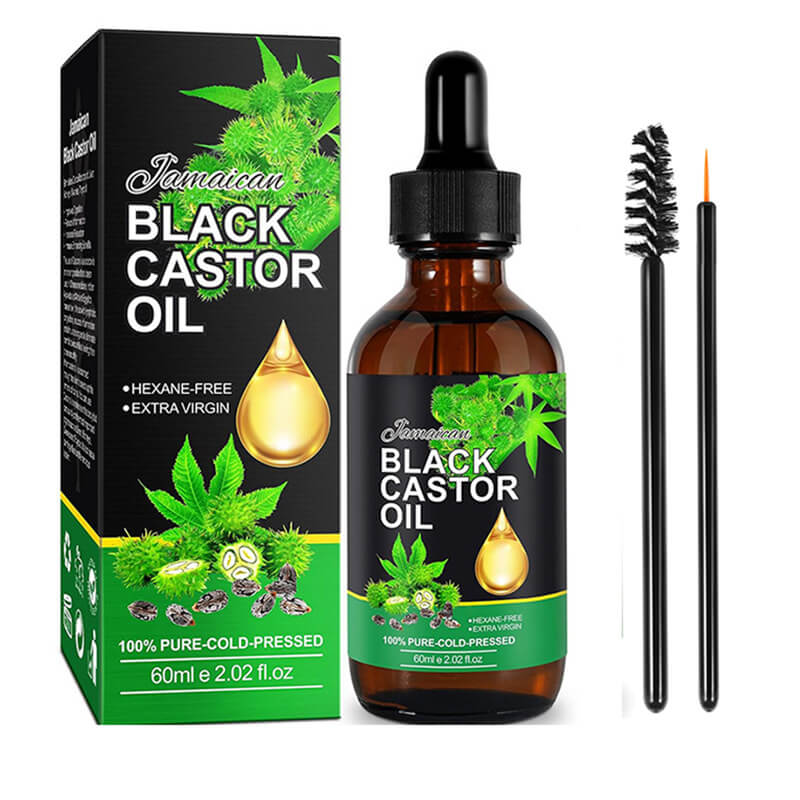What you will learn
- Introduction of sourcing from a Chinese trading company, sourcing company, and direct manufacturer
- The difference among sourcing from a Chinese trading company, sourcing company, and direct manufacturer
- How to choose a supplier that is both reliable and suitable?
1. Introduction of the 3 options

#1. Chinese trading Company
Trading companies normally partner with a couple of factories and to some extent, they are like a factory’s foreign trading department. They need to lock with some fixed good factories. Because the order is a key factor whether the factory will get the trading company’s back tight or not in terms of prices, lead time, quality, support etc.
There are generally 2 types of trading companies:
- The trading company that acknowledges they are not real factory.
These trading companies have a better chance to have better service. They are confident about the added value that they are offering their customers, instead of being a middleman and making money from the information asymmetry.

- Trading company that claims they are real factory but as a matter of fact they are not.
These companies rely heavily on information asymmetry. They are afraid that customers will cut out and import directly from their cooperated factory.
It’s suggested you go for value-added trading companies instead of the buy-and-sell trading companies. The former has much better service awareness that can help you in follow up business in China.
#2. Sourcing agents/sourcing companies
The sourcing agent can be a company (e.g. MatchoSourcing) or a single person that represent you or your company to deal with related matters for importing from China.
Regularly, sourcing companies normally provide sourcing services like:
- Looking for suppliers
- Vetting suppliers and providing offer report
- Negotiations and bargaining
- Contracts help
- Quality control
- Inspection
- Logistic
- Supply chain management
- Etc etc
There are 4 common methods that sourcing companies charge for the service.
- Commission based on contract amount ( Usually 2%-10%)
- Sourcing rate by a block of time (hourly, monthly, yearly)
- Sourcing rate by product items you want to import
- Flat rate by tasks that are done for clients
- A mix of the four
A sourcing company will be suggested compared with a solo person as a sourcing agent.
#3. Source direct from manufacturers in China(by yourself)

To Source directly by yourself, you have options of:
a. Find suppliers via different channels
These channels can be like Chinese directories and your local directories, exhibitions, associations and much more.
b. Build a Sourcing office in China
This is not a good option if you are just getting started. Contrary, this can be a good option to find a better offer from direct factories if you are an experienced importer.
Next, let’s go through the good and bad for the 3 vendor options.
2. Trading company VS Sourcing agent VS Source from direct manufacturer

#1. Trading company pros and cons
Pros
- Fast and efficient communication
Good trading companies provide internal training regularly for their sales in terms of professional product and sales skills. Fast and effective communication is one of the bases for a quick turnaround. You will be expecting timely feedback and interactions with sales representatives from trading companies.
- A good term to cooperate
Big Chinese trading companies are open to offering better service terms like payment terms by L/C, DDP etc. They are capable of handling orders with their own cash flow and it can decrease your risk in the import process.
- Wide Product Range
Trading companies have wider product ranges in their particular field through their manufacturing partner network. Good manufacturers often specialize in one product niche to ensure their expertise in products quality and service.
- MOQ
Trading companies are normally open to both small and big orders. The orders can be produced by matched factory via their supplier network.
- Value-added service
The good trading company can provide value-added service instead of being a middleman, buying and selling only. These services are like better product packaging design, better logistic handling, cash flows and so on so forth.
Cons
- Higher Price
The trading company is likely to have 10-20% profit of the offer they get from their manufacturers. The markup will vary from different trading companies.
- Dispute case
If a problem occurs, the case might be:
a. the trading company will defend manufacturer interest. As mentioned, trading companies normally work with several fixed factories and if any issue happens, it’s not uncommon for a trading company to speak for their supplier chain network.
b. The trading company will defend their own interest. They may say that they have already told the factory how to do or even how to make up any problem, but the factory just won’ t listen to them.
- No transparency
Trading companies are often reluctant to reveal their manufacturer network, which adds some difficulty as to customer’s manufacturer verification, supply chain management, product quality control and much more.
#2. Source direct from manufacturers by yourself
It’s normally assumed that importing directly from manufacturers by yourself must be the best because you will get the best price. You can talk with them directly (sales and technicians and decision makers). I would say that this is half true half wrong.
There are now tons of resources ( where to find suppliers, how to import courses, import tools) available that one can easily utilize and apply. The big input is time and time is money.
Pros
- Good prices in most cases
- Full control of the import process by yourself
- You have access to your manufacturers and your will work directly with them.
- etc
Cons
- Most factories are production oriented and overlook other services. Very few factories have a good knowledge of how to meet and solve customers needs and pain points.
- Chances are that manufacturers require a higher MOQ to manufacture your orders. Common reasons are factories normally run production in low profit at big volume model and secondly, the quality of raw materials, parts, and packages also play a big role.
- You have to invest a big amount of time and efforts all by yourself to deal with the whole import process and supply chain management and issues that might occur.
- Your import process can be slow due to the time difference, language barrier, culture difference, communication efficiency etc.
- Some of the factories might not have an export license or experience.
#2. Sourcing company pros and cons
Pros
- You will be able to devote your valuable time to marketing, operations etc
- You will have the supply chain management under full control by having professionals managing the entire import process.
- You will get fast and efficient results and quick turnaround.
- Professional sourcing agents are able to negotiate lower prices with factories than you may be able to.
- The sourcing company is always a good helper for quality control.
Many sourcing companies have the service to handle all of the matters from selecting suppliers to delivering your goods at your door or warehouse. Your sourcing agent will represent you to monitor during the mass production when necessary. It’s much more convenient to have a sourcing agent checking than you fly to factories now and then.
6. Value-added service like free package design, building a website, latest marketing information etc.
Cons
- Less expertise than manufacturers.
- Will they get Kickbacks from the factory side?
- Will they find suppliers that are satisfactory?
- Is it worthwhile?
3. Quick Tell

- Do you have enough time to handle both chores and core matters all by yourself?
What are the core things that need to to be done:(pretty much everything that a sourcing company can do for you)
- Looking for potential suppliers
- Vetting suppliers
- Supplier verification
- Negotiating
- Visit factories to see which one you will work with
- Order follow up
- Shipping
- Customs clearance and tax
- etc

Want to make money from buying products in China but what happens if you don’t have enough time? Your product best selling season might be missed or even you can lose the product trend opportunity, due to the slow process.

Free things are expensive in terms of time because time is money. ROI is an important factor that you want to consider. (How many budgets, time, effort you will input —> How much money and profits you will get and how fast you can get down to next order?)
- Do you have experience in importing from China?
If you are a first-time importer, it will be better for you to get some help (from a sourcing company, or friends who can give you advises and assist the operations) so that everything goes well in the entire process. There are so many things that can go wrong even during the production.
We’ve seen many people made mistakes when they are sourcing in China with no experience.
- Do you need to buy a small or medium or big quantity for each product?
Big factories are quite often unwillingly to manufacture for small orders. Because it will take much effort but earn much less. Plus they think there’s little prospect to do this. Small factories might do it but the service might not be as good.
- Do you need to import one product or more than one products from different suppliers?
One product will be much more convenient to handle. Professional factories only manufacturer products within their niche. If one factory makes multiple niche products, the capacities and attention will be distracted. At the end of the day, they might end up with not specialized in anything.
- Is your product market price sensitive?
If your target markets are really pricing sensitive, source direct from manufacturers can be a better option but due diligence can never be neglected.
4. Final Choice of your best fit supplier

This sounds like an ultimate problem before you can really start your import. There are many metrics you want to vet based on but after all, the following is what matters most. Different customers and orders will lean to different criteria that listed.
- Reliability
- Price
- Quality
- Service(Order service and value-added service)
- Turnaround per order (lead time included)
Conclusion
There is no one-fits-all manufacturer in terms of importing from China. Figure out what you and your customers care most and select the suppliers that can fit best. Check out how to find your best-fit supplier here.
Related Posts





One Response
Hey there, I am a huge fan of your website! I really agree with your point as I work as a virtual nurse for an outsourcing company.